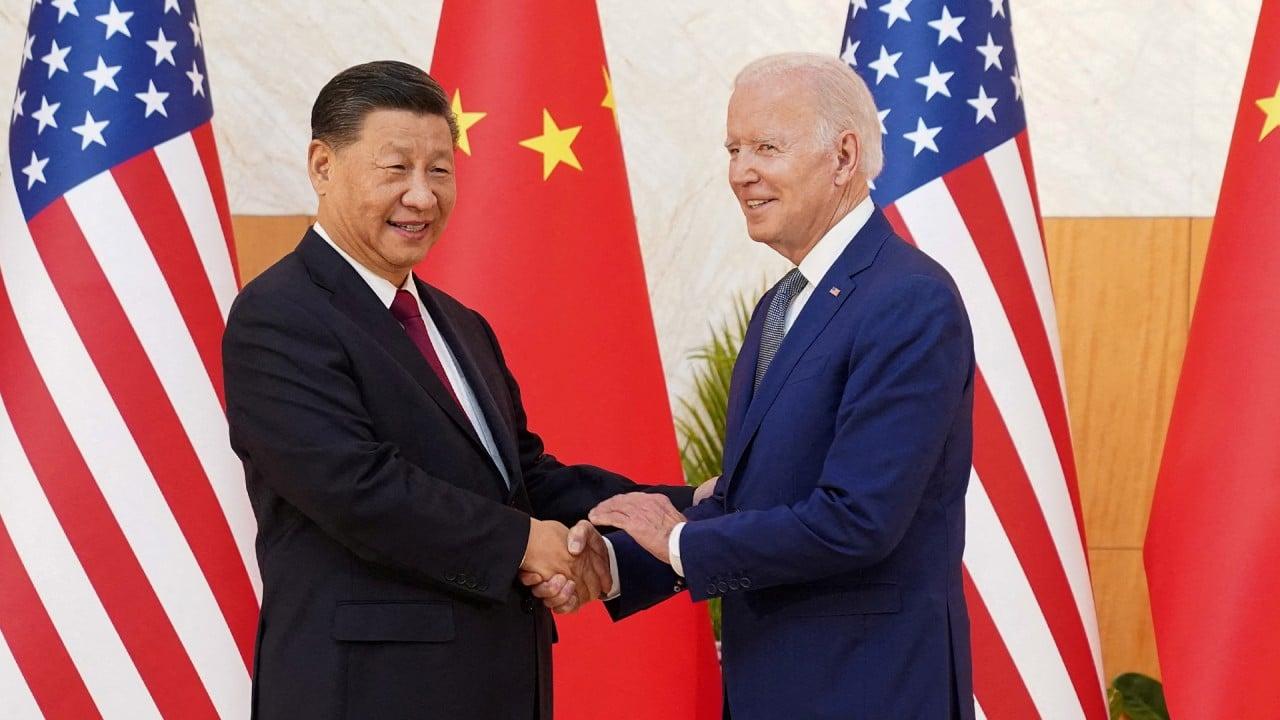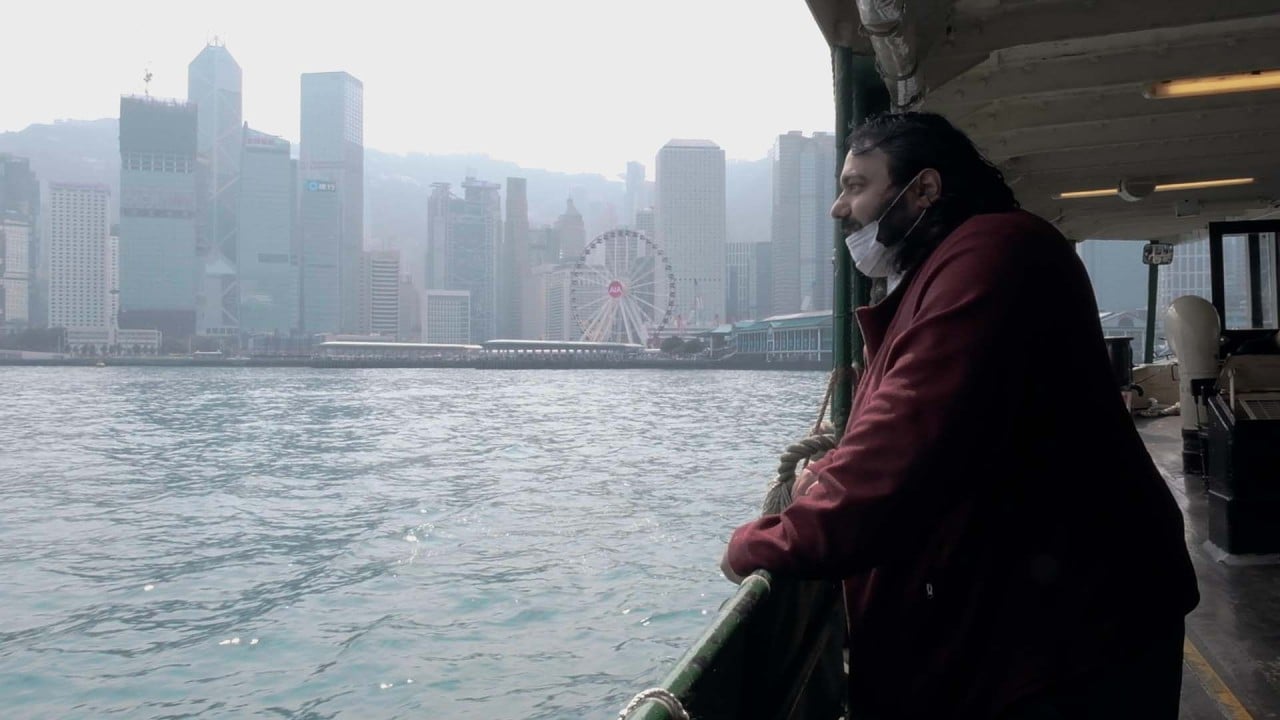
Nabila Massrali, the bloc’s spokesperson for China, said “the detention of Yu Wensheng and Xu Yan, on April 13 just before a meeting at the EU delegation at the invitation of visiting EU senior officials, was already not acceptable”.
“Their formal arrest on April 15 is a matter of serious concern. The EU requested to the Chinese authorities their immediate and unconditional release,” she said, adding that “China’s ongoing crackdown on human rights activists and lawyers is a well-known EU concern”.
Asked about the detentions at a briefing on Wednesday, foreign ministry spokesman Wang Wenbin said “Chinese authorities handle cases according to the law”, without referring to the individuals named. He added that China opposed interference in its internal affairs.
Yu, the lawyer, has already spent years in prison. He was detained in 2018, hours after writing an open letter calling for constitutional reforms in China, including multi-candidate elections.
Initially charged with obstructing a public service, Xu said at the time that her husband was subsequently investigated for and charged with inciting subversion of state power. He was handed a four-year sentence in 2020.
“If the EU could muster just a fraction of that courage, they would realise that strong statements are no longer sufficient, and that an effective response to human rights violations in China must result in concrete, tangible consequences for Chinese interests,” said Sarah Brooks, programme director at the International Service for Human Rights.
The Chinese Mission to the European Union did not respond to a request for comment.
The EU and China clash frequently on human rights.
Brussels’ sanctioning of a group of Chinese officials and entities in March 2021 for their involvement in alleged human rights abuses in Xinjiang drew sweeping retaliatory measures from Beijing, with business and travel bans slapped on diplomats, lawmakers and researchers.
That helped scotch a long-negotiated investment pact, which the European Parliament has refused to ratify while sanctions remain in place.
On Tuesday, during a debate in the European Parliament in Strasbourg, European Commission President Ursula von der Leyen expressed “solidarity” with the sanctioned members.
“We must also never shy away from talking about the deeply concerning and grave human rights violations in Xinjiang,” von der Leyen said.
China denies any rights violations have taken place in the western region.
In February, the EU and China resumed human rights dialogue for the first time since 2019. Interim meetings had been cancelled first due to Covid-19, but then due to the fallout of the sanctions.
Brussels used the occasion to denounce conditions in Xinjiang and Tibet, as well as other ill-treatment of religious, ethnic and linguistic minorities in China. EU officials also criticised the “deterioration in the situation of freedom of peaceful assembly and association, and freedom of expression in Hong Kong”, according to an EU account of the meeting.
According to the EU, Beijing “focused on the situation and treatment of refugees and migrants in the EU and manifestations of racism and xenophobia in the EU”.



